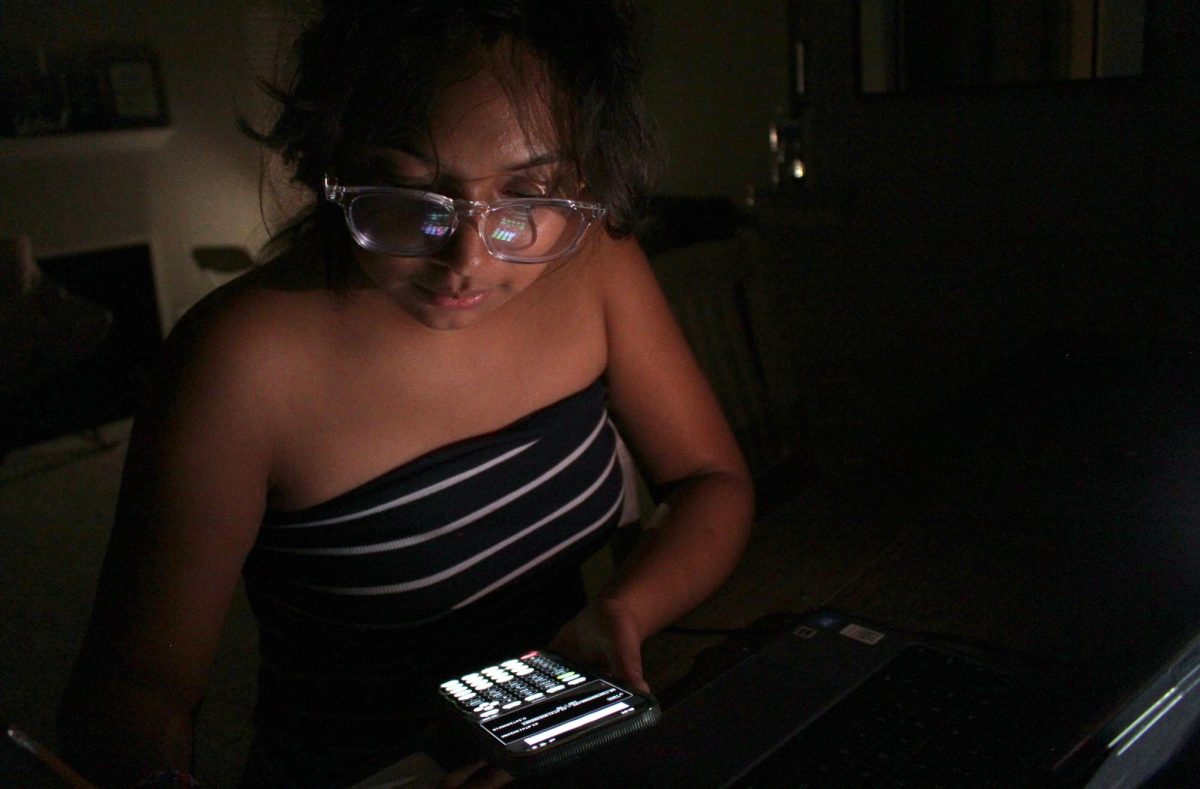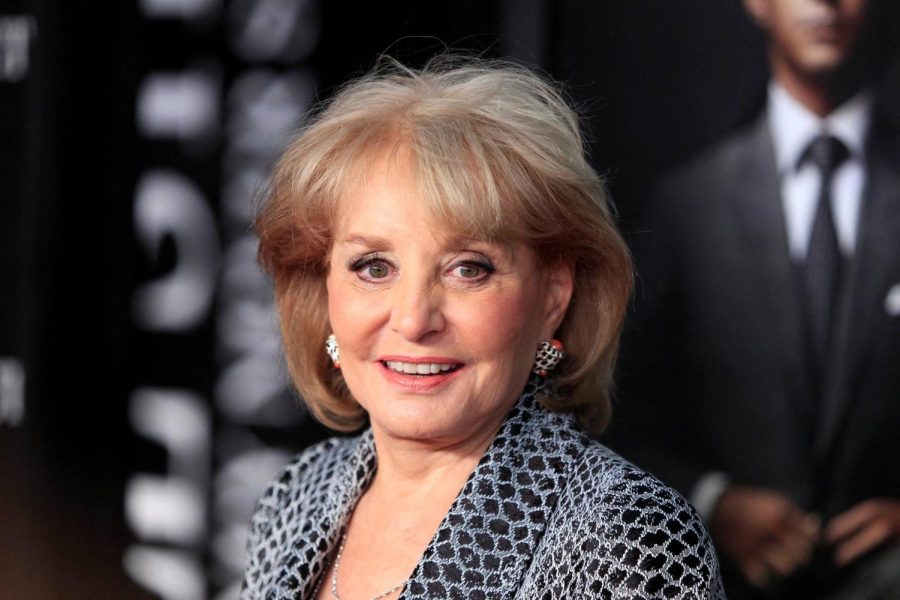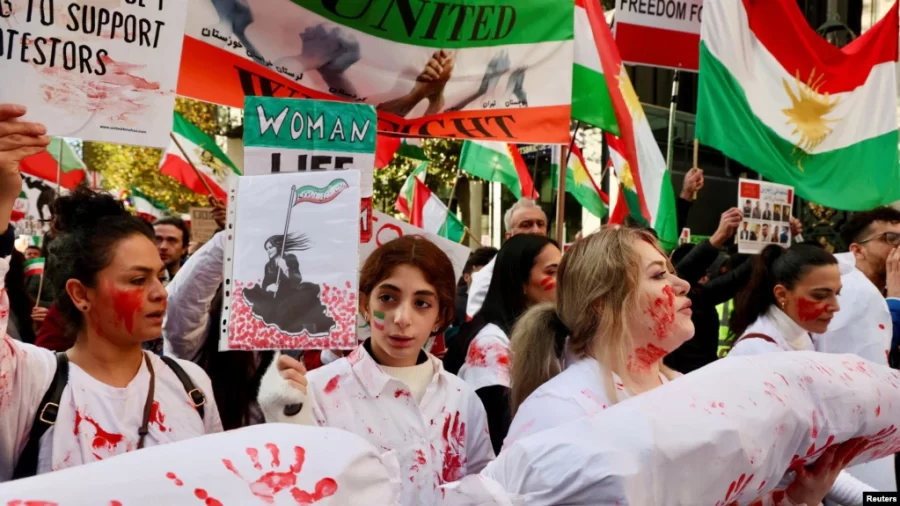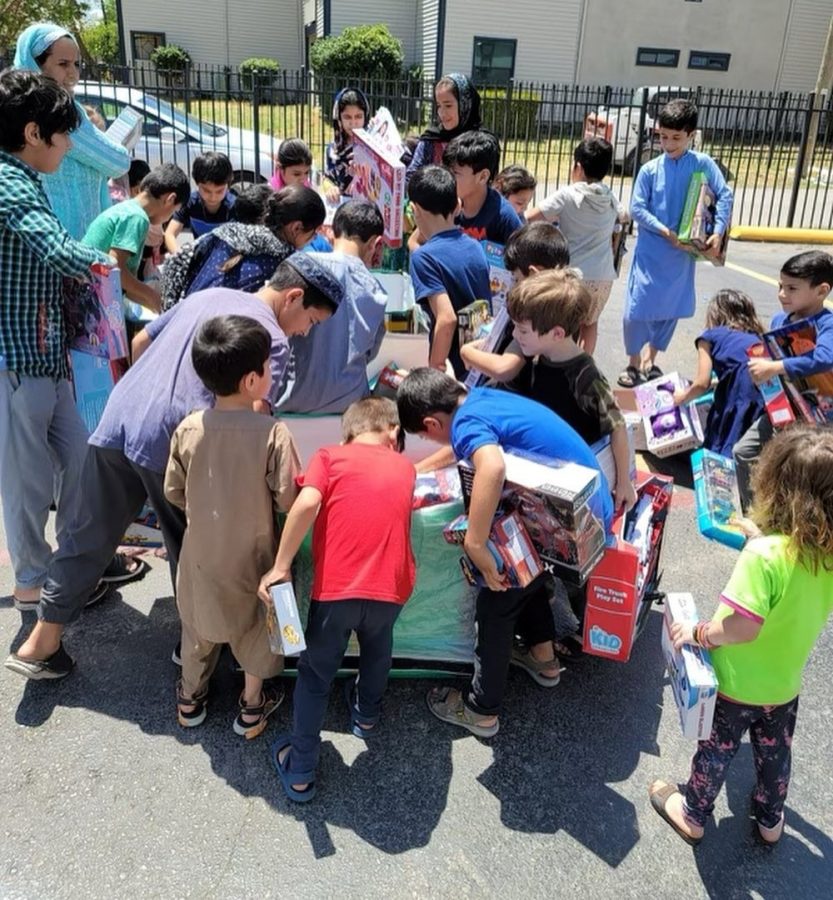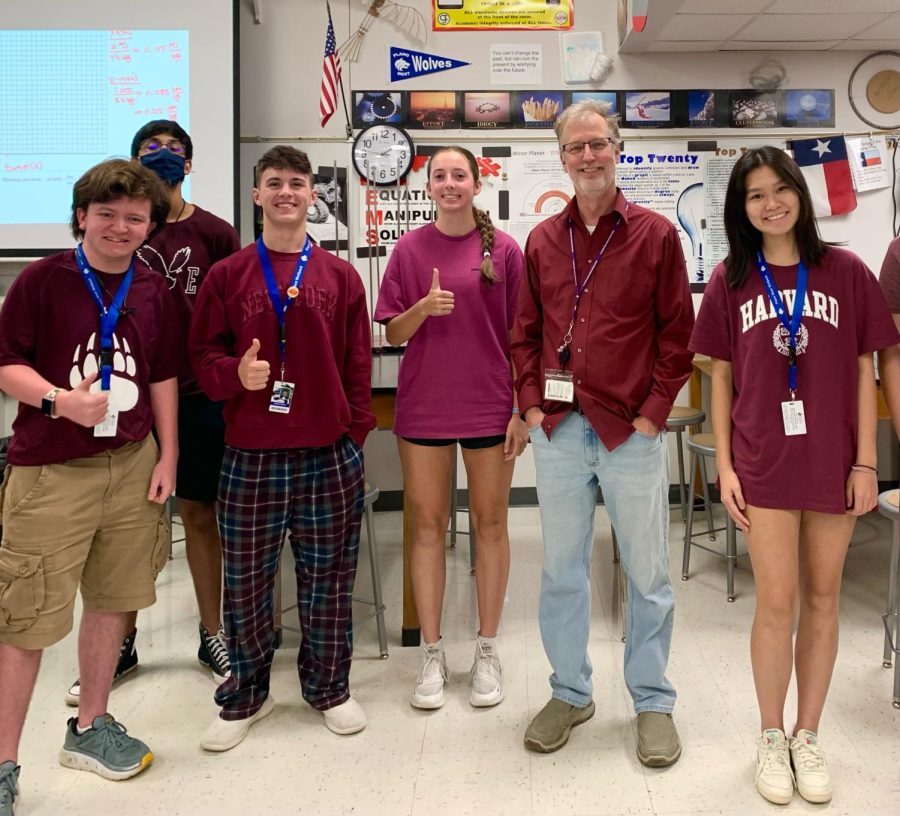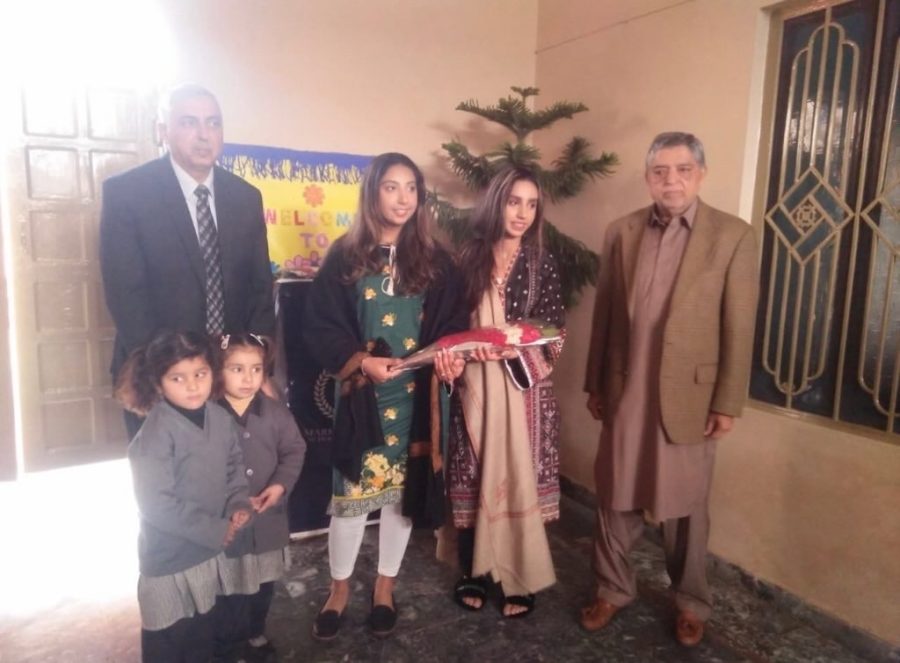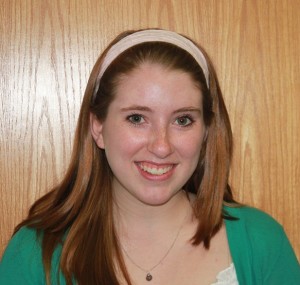 On March 1, the 15-member United Nations Security Council, the organization’s highest governing body, voted unanimously to condemn the current humanitarian situation in Syria. Thousands of civilians are trapped in their homes without safe access to food, water, electricity and medical care, while the Syrian army and the pro-democracy rebels engage in bloody conflict.
On March 1, the 15-member United Nations Security Council, the organization’s highest governing body, voted unanimously to condemn the current humanitarian situation in Syria. Thousands of civilians are trapped in their homes without safe access to food, water, electricity and medical care, while the Syrian army and the pro-democracy rebels engage in bloody conflict.
The Security Council ordered Syrian President Bashar al-Assad to allow UN humanitarian chief Valerie Amos, as well as international relief groups, free and full access to the country to get basic necessities to civilians and to remove the wounded from cities suffering under endless shelling, tank and sniper fire.
The decision came on the same day as the Free Syrian Army, the main group of rebel fighters, announced its withdrawal from the Baba Amr district of Homs, where the two sides have been locked in 27 days of fighting. Assad maintains that he is battling foreign-backed terrorism, while the rebel fighters claim to be working towards a democratic Syria.
The UN estimates more than 7,500 people, a horrifyingly large number of them civilians, have been killed since the violence began in March 2011. Two months after the conflict’s start, UNICEF reported the deaths of at least 30 children as a result of government using live ammunition to suppress pro-democracy protesters. By December 2011, the number of child fatalities as reported by UNICEF had passed 300, and, according to UNICEF Executive Director Anthony Lake, children were facing torture and imprisonment. Human Rights Watch details horrific punishments for children as young as 13, such as electrocution and dangling from handcuffs screwed into ceilings, after being rounded up from schools. Both groups have condemned the Syrian government’s humanitarian offenses.
For months, the International Committee of the Red Cross and sister organization the Syrian Arab Red Crescent have called for a daily two-hour ceasefire for humanitarian groups to enter crippled cities such as Homs to deliver food and hygiene items to the trapped civilians and to transfer the wounded to makeshift clinics and hospitals; such requests have been largely ignored by the Syrian regime. Going against the command of the Security Council, on March 2, the Syrian government reversed its decision to grant humanitarian access to badly shelled Baba Amr. Seven Red Cross trucks were blocked from entering the area to give out necessities to residents.
After winning an election in which he ran unopposed, Assad took control of the country in 2000, having been preceded by his father, Hafez al-Assad, who ruled from 1971 to his death. Assad’s political party, The Arab Socialist Ba’ath Party, has been in power since 1963. The party and state control almost all of Syria’s newspapers, television and radio stations and other media outlets. Internet access is restricted to state controlled servers which heavily block websites, yet did not stop the heavily social media influenced Arab Spring revolts from spreading to Syria.
Pro-democracy protests held in early 2011 led to the formation of the Syrian National Council, a Syrian group, currently based in Turkey, seeking the end of Assad’s presidency and the creation of a democratic state. The SNC is aligned with the Free Syrian Army. SNC President Burhan Ghalioun claims the group wants to avoid civil war, but recognizes that with thousands of casualties, destroyed neighborhoods and a humanitarian crisis, the conflict has escalated violently and brutally from its roots in mainly peaceful protests.



